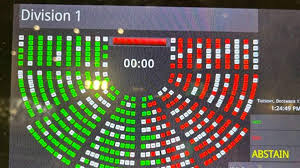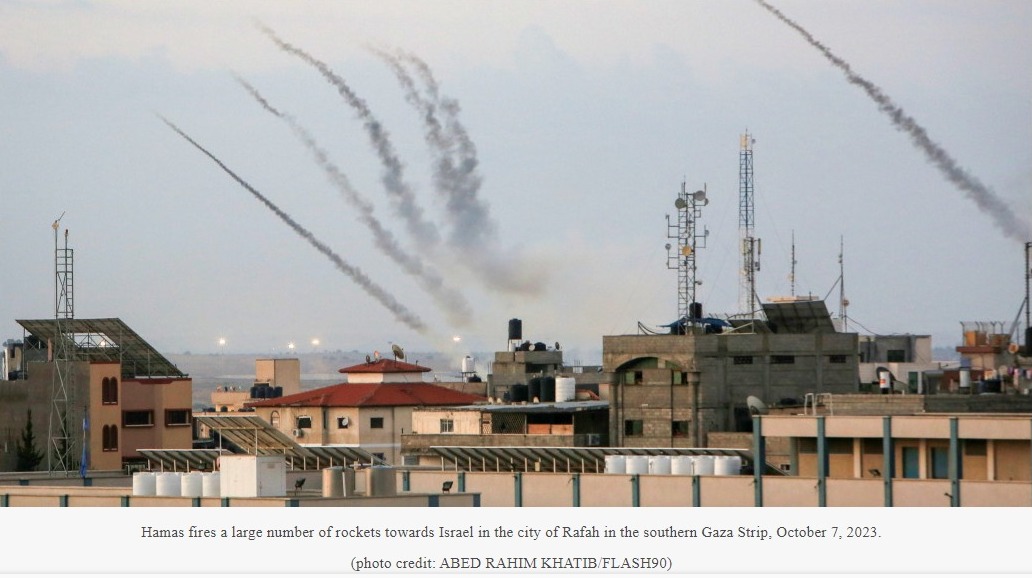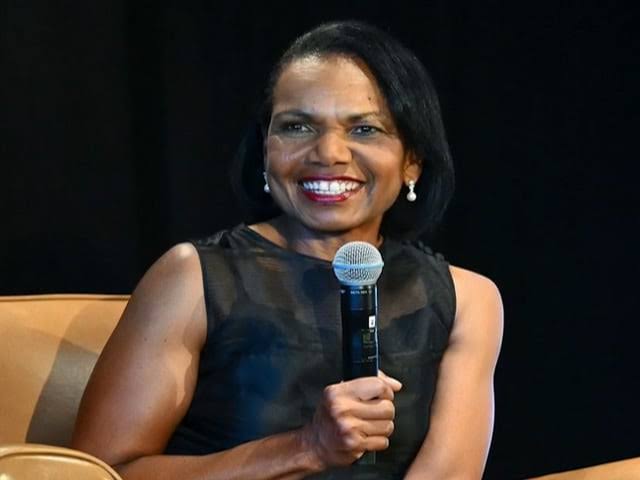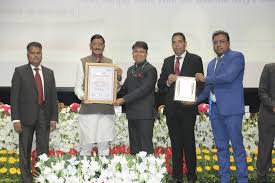The Lok Sabha witnessed heated debates on Tuesday as the government introduced the Constitution (129th Amendment) Bill, aiming to facilitate simultaneous federal and state elections under the BJP’s ambitious ‘One Nation, One Election’ proposal. The bill, introduced by Law Minister Arjun Ram Meghwal, was passed for discussion with a simple majority—269 MPs voted in favor, while 198 opposed.
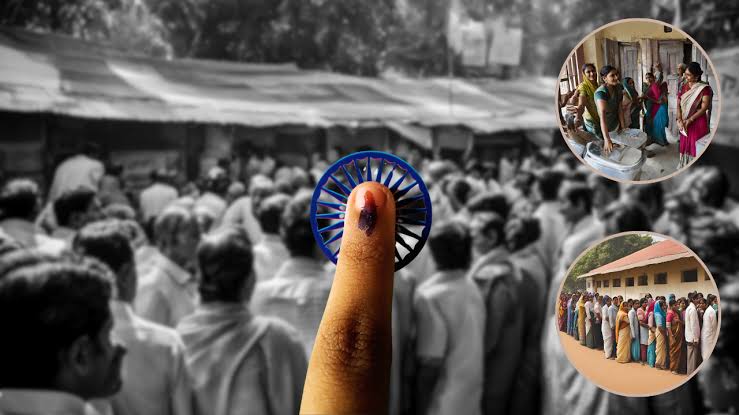 However, Congress and other opposition parties quickly pointed out the lack of the two-thirds majority required to pass constitutional amendments, highlighting a significant hurdle for the BJP.
However, Congress and other opposition parties quickly pointed out the lack of the two-thirds majority required to pass constitutional amendments, highlighting a significant hurdle for the BJP.
Congress Criticizes the Numbers Game
Congress MP Manickam Tagore took to social media, stating, “Two-thirds majority (307) was needed out of 461 votes, but the government only secured 269.” Shashi Tharoor, another Congress leader, reinforced this point, stating, “To pass constitutional amendments, the government needs a two-thirds majority, which they clearly don’t have. They should reconsider pushing forward with this.”
For constitutional amendments, a two-thirds majority of members present and voting is mandatory. Congress underscored the numbers, noting that 461 MPs participated in the vote, but the BJP fell short of the required 307 votes.
Opposition’s Unified Criticism
The opposition criticized the bill as undermining the Constitution’s federal structure. Key leaders, including Manish Tewari (Congress), Dharmendra Yadav (Samajwadi Party), and TR Baalu (DMK), accused the BJP of centralizing power and disregarding the principles of democracy.
Mamata Banerjee, Trinamool Congress leader, called the initiative “an authoritarian imposition” and a threat to India’s federal system. TR Baalu also flagged the financial burden, citing the Election Commission’s projected ₹10,000 crore expense on electronic voting machines (EVMs) every 15 years.
BJP Responds
Law Minister Meghwal defended the bill, calling it a necessary electoral reform to streamline governance and reduce frequent elections. “The proposal aligns with efforts to simplify the electoral process and does not damage the Constitution’s basic structure,” he asserted.
The Numbers Challenge for BJP
The BJP-led National Democratic Alliance (NDA) currently has 293 MPs in its camp, falling short of the two-thirds mark even with allied support from smaller parties like the YSR Congress and Akali Dal. To pass the bill, the BJP requires additional backing from independent and non-aligned MPs.
Future of the Bill
With mounting criticism and the current lack of numbers, the bill is expected to be referred to a joint parliamentary committee dominated by BJP members. However, Congress emphasized that broad consensus is essential for such a significant constitutional amendment.
What is ‘One Nation, One Election’?
The concept envisions synchronized elections for both the Lok Sabha and state assemblies, potentially simplifying governance and reducing electoral costs. However, implementing this would require constitutional amendments affecting key provisions, including Articles 83, 85, 172, 174, and 356.
Legal experts warn that without comprehensive amendments and state ratifications, the proposal risks legal challenges for violating India’s federal structure.
For now, the BJP faces significant political and legislative hurdles in realizing its ‘One Nation, One Election’ vision.

